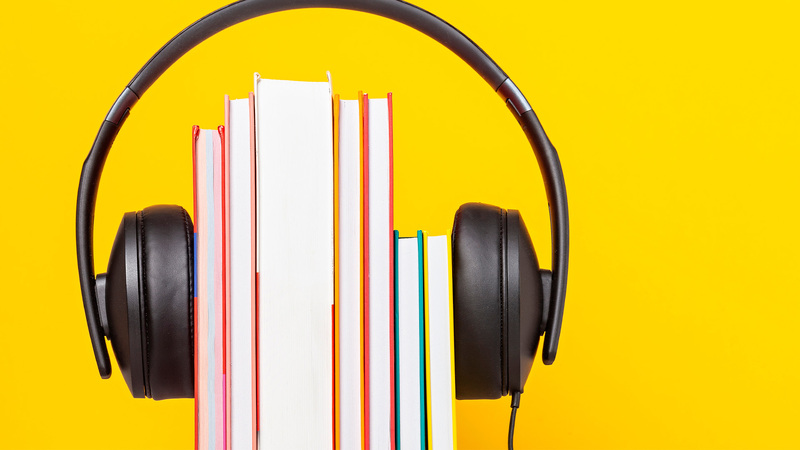You are viewing your 1 free article this month. Login to read more articles.
Corporates are 'beating up' agents over audio rights
An animated debate about whether publishers should automatically lay claim to audiobook rights unfolded at the FutureBook Conference.
Alice Lutyens, agent at Curtis Brown, argued authors must not be pressured to give up "precious" audio rights to publishers during book deals, while fellow Curtis Brown agent Cathryn Summerhayes (pictured) said agents were "getting beaten up by the big three corporates" over the matter.
An "equal opportunity marketplace" for audiobooks was a necessity, Lutyens argued at the event on Friday (1st December), saying that authors must be allowed to choose the best publisher to exploit the rights, particularly as independent audio publishers have "a huge amount of expertise publishers don’t have" which could lead to writers earning higher royalty rates.
Summerhayes agreed. "It is a rights grab if you are not going to justify why you have those rights ... Why shouldn't we, when we get the enthusiasm and support from the audiobook publisher, let them lead the way? They're paying proper advances, they're exploiting the rights properly, we really are getting beaten up by the big three corporates," she said.
Ivan Mulcahy, literary agent at Mulcahy Associates, underlined the financial benefits of splitting the sale of audio and print rights after he struck a low six-figure deal with Audible for Robert Webb's book, How Not To Be a Boy (Canongate). "It is a different format, it just is," he said in the session, entitled "How is the market for audiobook rights changing?" chaired by The Bookseller's editor Philip Jones. "That's why Audible paid so much money for Robert Webb's book, because the transition to audiobook [by new adopters] is through the medium of someone they recognise." Mulcahy described how when he told the corporate publishers he was minded to accept a deal with Audible, all of the big publishers dropped out of the bidding for the book rights, which ultimately went to Canongate.
Patti Pirooz, audio publishing consultant and advisor, however, argued that an audiobook belonged with the book "family". "In the States it's very common for publishers to negotiate and get the audio rights for the books they publish," she said. "I don't agree with this idea that audiobooks are movies. If you listen to a 35-hour audio, that's not a movie, you're listening to a book.
"If you're spending all this money on the book, the audiobook, in any given format, they're all part of that story, they're all part of that family. They're going to work with all those different departments and all going to feed into each other."
Dominic White, head of publishing and commerce at WF Howes/ Wavesound, weighed in: "The message there is not that agents don't want publishers to have the rights. They want greater control and competition."
The debate followed comments earlier in the day from Kobo’s chief executive Michael Tamblyn, who warned against selling exclusive rights to allow one player to dominate the market.
“I think the most important thing for that to take place is keeping content catalogues open. Driving the real anti-competitive forces is rights getting bought up, rights being held exclusively, rights being held by the same players,” he said. "As soon as you do that you create the conditions for a mono-culture.
“From a retail perspective it isn’t great, from a publisher perspective in the end it isn’t great. There’s an education that needs to happen on the publisher side, there’s an education that needs to happen on the agent side to say [to authors] ‘Yeah there’s a cheque in front of you right now but it does mean you’ll be living in a one-company town’."



















